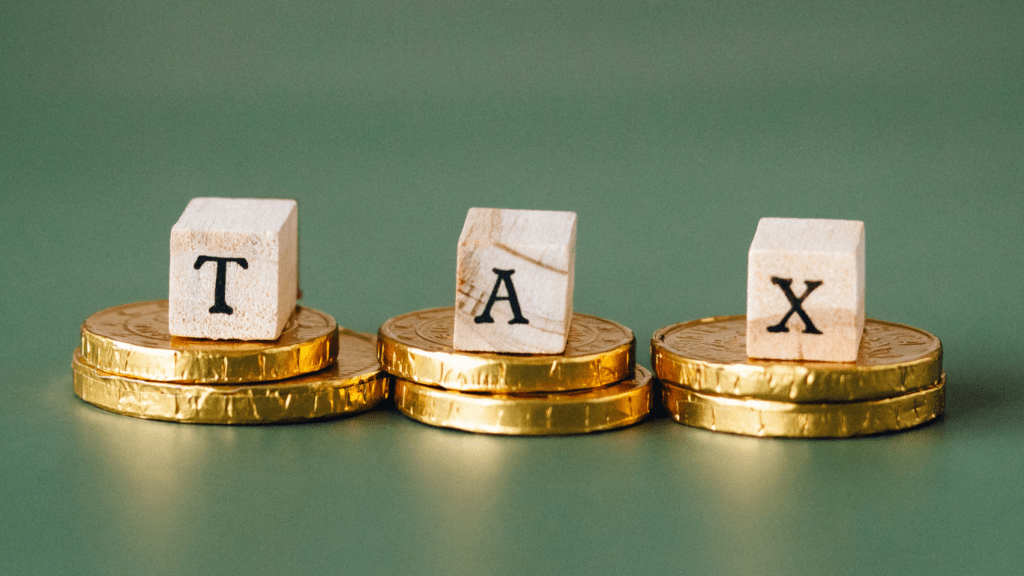Understanding Crypto Jackpot Wins
Crypto jackpot wins represent a substantial financial gain. They’re treated as capital assets, translating into capital gains or losses when sold or exchanged. Earnings exceeding a certain threshold lead to a significant tax obligation. If not planned properly, winners might face a sizable tax bill and possible penalties.
The IRS classifies crypto jackpots as income. These earnings require accurate reporting on tax returns. Misreporting could trigger audits or legal issues. Planning for tax obligations from the start is crucial to avoid sudden financial burdens.
Different jurisdictions may have varying crypto tax laws. Consulting a tax professional will help navigate these complexities. A proactive approach ensures compliance and maximizes the enjoyment of your windfall without undue stress.
Tax Implications for Crypto Wins
Crypto jackpot winners face significant responsibilities when it comes to tax obligations. Understanding both federal and state tax requirements helps ensure compliance and optimize financial outcomes.
Federal Tax Obligations
- The IRS treats cryptocurrency as property for tax purposes, which means that big wins are treated as capital gains.
- If I cash out my winnings, a short-term or long-term capital gains tax applies, depending on how long I’ve held the assets.
- Short-term gains, from less than a year’s possession, align with ordinary income tax rates, while long-term gains benefit from reduced rates.
- Properly accounting for the holding period is crucial to determine the applicable rate.
- Must report these gains on my tax return using the forms and guidelines provided by the IRS to avoid penalties.
State Tax Considerations
State taxes on crypto winnings vary significantly, making it essential to understand local requirements. Some states align their tax treatment with federal guidelines on cryptocurrency, while others might impose no taxes.
For instance, if I reside in a state with no personal income tax, my crypto win might not incur state income tax. However, if my state does tax crypto assets, I need to calculate and report these in my state tax filings.
It’s advisable to consult a local tax professional who understands the specific tax obligations in my state to ensure compliance and optimal tax strategies.
Calculating Crypto Jackpot Taxes

Winning a crypto jackpot brings about notable tax obligations. Understanding how to calculate these taxes is crucial to managing financial responsibilities effectively.
Reporting Requirements
I must report crypto jackpot winnings on my tax return. The IRS requires disclosure of the fair market value of the winnings at the time of the win. It’s classified as income and necessitates using Form 1040, Schedule 1. Accurate reporting mitigates the risk of audits or penalties.
Valuation of Crypto Assets
Determining the valuation of crypto assets involves assessing their fair market value at the time of receipt. Whether I’ve sold them or not, the value must be recorded once they become accessible. Utilizing crypto exchange rates from reputable platforms ensures compliance and accurate valuation should the IRS scrutinize my records.
Strategies to Minimize Tax Liability
Minimizing tax liability on crypto jackpot winnings can help retain more of your earnings. Here are some strategies that might assist in reducing the tax burden.
Timing of Crypto Sales
- Selling crypto assets strategically can impact your tax bill.
- Short-term capital gains, incurred for assets held less than a year, are taxed at higher rates compared to long-term gains.
- By holding assets for over a year before selling, you might benefit from lower long-term capital gains tax rates.
- Consider market conditions when deciding the timing of your sale, as favorable rates can optimize your tax liability.
Charitable Donations
Donating cryptocurrency to eligible charities can offer tax benefits. If you donate appreciated assets held for over a year, it can allow you to deduct the fair market value on your tax return without incurring capital gains tax. Ensure the recipient is a qualified charitable organization, as this ensures compliance with IRS regulations. Document the transaction meticulously to support the valuation and nature of the donation during tax filing.



 Pearlee Conleyora
Founder
Pearlee Conleyora is the visionary founder of Jackpot Lucky Deal, a platform dedicated to bringing jackpot enthusiasts the latest news, effective strategies, and insights into the ever-evolving world of jackpots and gaming. With extensive experience in online gaming and a keen understanding of the growing role of cryptocurrency in jackpots, Pearlee created Jackpot Lucky Deal to serve as a trusted resource. Her commitment to responsible betting and innovative jackpot strategies shines through every aspect of the site, ensuring that users not only have the tools to play smarter but also stay updated on trends and technological advancements in the gaming world. Pearlee’s leadership and forward-thinking approach are the backbone of Jackpot Lucky Deal, where her goal is to create a comprehensive, user-friendly platform that empowers both novice and seasoned jackpot players.
Pearlee Conleyora
Founder
Pearlee Conleyora is the visionary founder of Jackpot Lucky Deal, a platform dedicated to bringing jackpot enthusiasts the latest news, effective strategies, and insights into the ever-evolving world of jackpots and gaming. With extensive experience in online gaming and a keen understanding of the growing role of cryptocurrency in jackpots, Pearlee created Jackpot Lucky Deal to serve as a trusted resource. Her commitment to responsible betting and innovative jackpot strategies shines through every aspect of the site, ensuring that users not only have the tools to play smarter but also stay updated on trends and technological advancements in the gaming world. Pearlee’s leadership and forward-thinking approach are the backbone of Jackpot Lucky Deal, where her goal is to create a comprehensive, user-friendly platform that empowers both novice and seasoned jackpot players.

